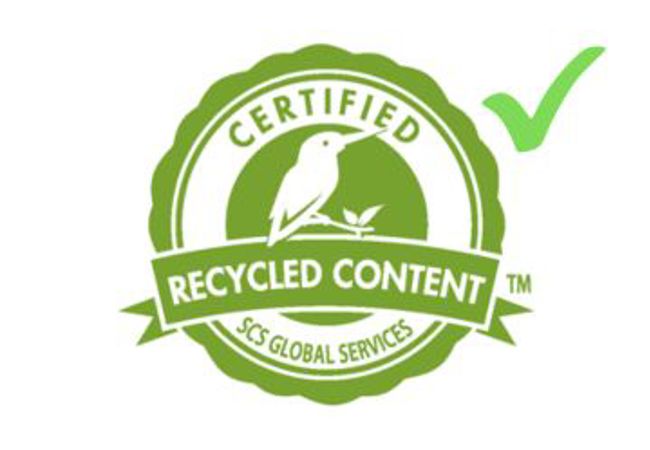
Waste Minimisation
✅ Invest in reduced plastic films
Investing in stretch films with low gauge and reduced widths can greatly reduce one-way plastic use. When used, these films can save users up to 40% in plastic stretch film reductions without affecting the integrity of the wrapped pallet. Reduced plastic hand films offer additional benefits as they are super lightweight compared to regular hand films. They are easy to use allowing anyone in the warehouse to wrap a pallet.
Options to look for include:
Hand Applications - 400 mm reduce width or low gauge 12 ɥm stretch films
Machine Applications - High performance 12 or 16 ɥm stretch films















